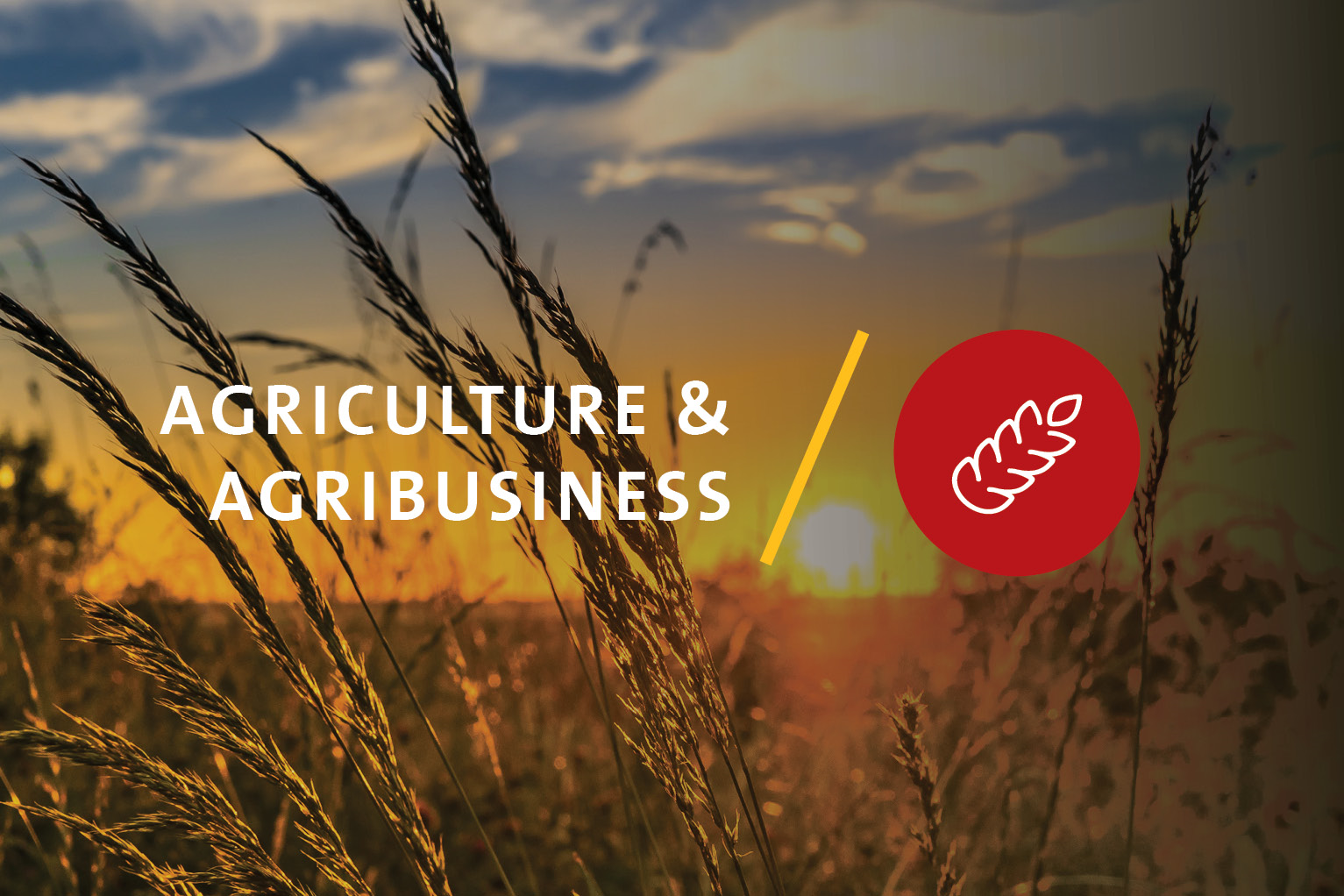
Background and Rationale
Zambia faces significant development challenges, with 60% of its population living below the national poverty line and rural poverty rates reaching 79%. Despite progress over the past two decades, malnutrition remains a major concern: over one-third of Zambian children are stunted, and the majority of households cannot afford a healthy diet.
The BMZ-funded FANSER+ project builds on the successes of its predecessor, aiming to improve the nutritional situation and resilience of poor rural households, particularly women and young children, in Eastern and Luapula provinces. FANSER+ distinguishes itself by prioritizing the active involvement and capacity building of government structures to ensure sustainable, government-led implementation of nutrition and gender-transformative approaches.
Objectives
- Increased the number of women of reproductive age meeting the Minimum Dietary Diversity for Women (MDDW) standard.
- Improved meal frequency and diversity for infants and young children, aligning with the Minimum Acceptable Diet (MAD) standard.
- Supported thousands of households in expanding agricultural production to include climate-resilient and nutrient-rich crops and foods.
- Strengthened women’s participation in household nutrition decisions, as reflected in the Household Decision Making Index. (Note: This indicator has been flagged for future revision due to inconclusive baseline data.)
- Enabled government representatives to enhance nutrition-related policies and services through multisectoral coordination.
Tasks of the exper:
- Overall project and budget responsibility: Lead the advisory packages, manage the project budget, and ensure achievement of key outcomes and outputs.
- Team leadership and remote supervision: Manage and supervise a diverse team located across various regions in Zambia, fostering collaboration and high performance.
- Strategic planning and coordination: Ensure coherence and complementarity of project services with other local and national initiatives, aligning activities with broader development objectives.
- Capacity development and concept leadership: Drive the development of innovative capacity-building concepts for government stakeholders, integrating technical, leadership, and change management elements.
- Monitoring, reporting, and compliance: Oversee project monitoring procedures, ensure timely reporting, and maintain high standards in financial planning and use of funds.
- University degree at ‘master’s level or German ”Diplom” in public health, nutrition, rural development, international development science, project management or a similar sector-relevant degree;
- At least 10 years of relevant experience in the food and nutrition security sector and 5 years of progressive experience in leading and managing multi-sectoral development projects;
- 6 years of professional experience in nutrition specific and sensitive programming, including community-based approaches like Care Groups or similar approaches, 3 years of experience in capacity development of government staff and aspects of organisational development within the government sector, 3 years of experience in integrating gender transformative approaches into nutrition projects;
- 5 years of experience managing (largely remotely) diverse teams spread over various locations and coordinating with various stakeholders such as government, donors, and implementing partners, 5 years of management experience in projects, companies or other organizations with disciplinary leadership responsibility for 6 people per project and with annual budget responsibility for 2 Mio. EUR;
- Ability to identify and anticipate risks emerging from SME finance;
- 2 years of professional experience in the Southern or East African region (in accordance with UN DESA Statistics Division);
- 10 years of experience in development cooperation projects.
The project is expected to start in February 2026 and will run for 22 months
Please upload your current CV here
